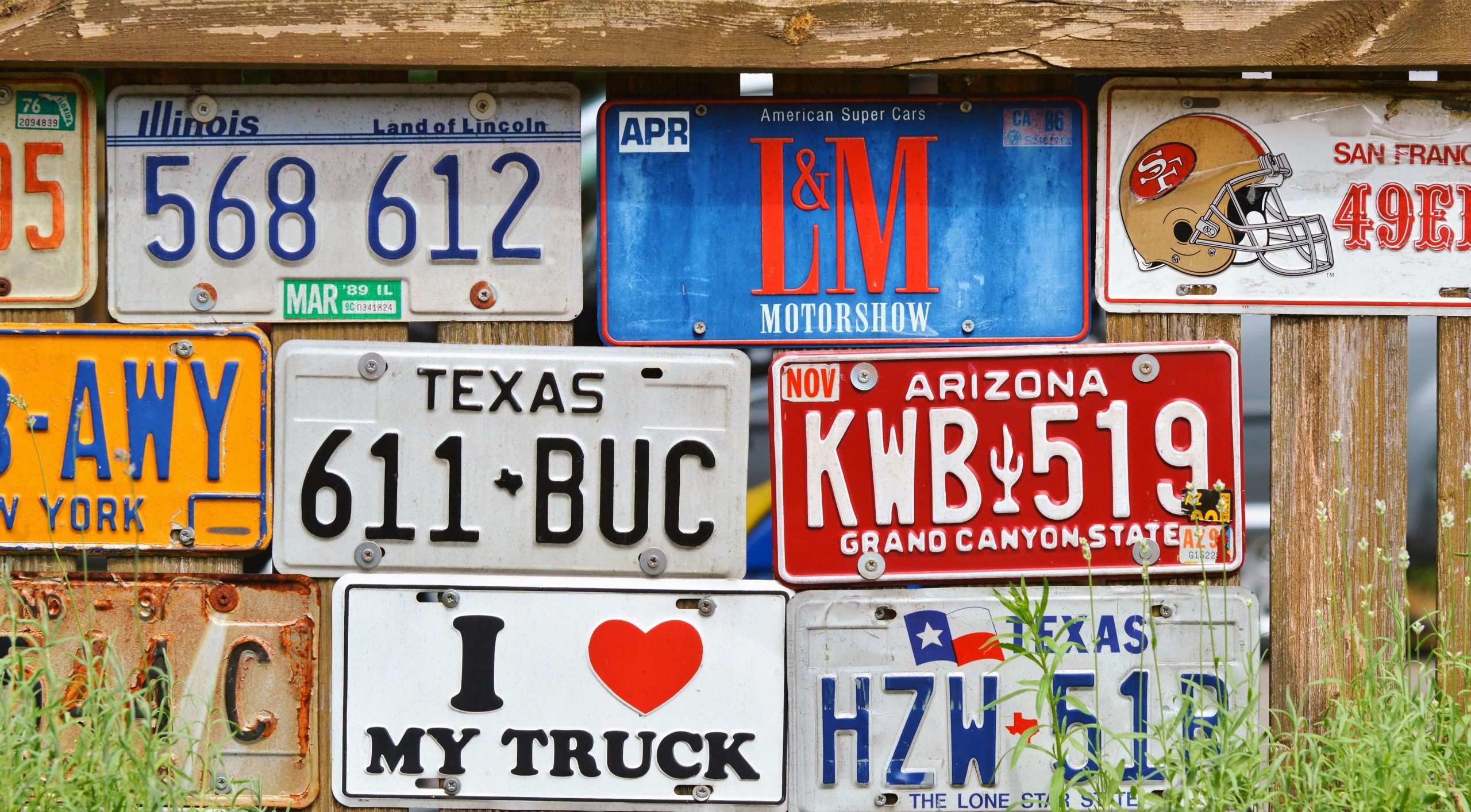Should You Cancel Collision and Comprehensive Coverage on Older Vehicles? Key Considerations for California Car Owners
For many vehicle owners, especially those with older cars, the decision to maintain or drop collision and comprehensive insurance can be a tricky one. If you’re pondering whether to eliminate these coverages from your policy, it’s essential to weigh the potential benefits against the possible risks carefully.
Understanding Your Vehicle’s Age and Value
In your case, you own two vehicles—an aging Subaru Outback and a Mazda 3, both approximately 15 years old. These cars are primarily used by your daughters, and their age naturally influences the cost-effectiveness of comprehensive and collision coverage. Typically, insurance companies consider these factors when determining coverage needs and premiums.
The Rationale Behind Dropping Comprehensive and Collision
Many drivers opt to drop collision and comprehensive coverage on older vehicles because the premiums can be a significant portion of the vehicle’s value. If the cars are not worth much, paying high premiums might not make sense, especially if the likelihood of a major accident or damage is low. Additionally, when damages do occur, the insurance payout may be minimal relative to the cost of repairs or replacement.
Key Questions to Consider
-
How much would your insurance payout be in the event of a claim? For cars of your age, the payout might be limited, potentially less than the annual premium costs.
-
What is your risk tolerance? Are you comfortable covering repairs out-of-pocket if the vehicle is damaged or stolen?
-
Are your vehicles still valuable or essential? Even if their market value isn’t high, losing them could still be inconvenient or costly.
-
What about state-specific regulations? In California, insurance requirements are generally straightforward, but it’s important to understand your policy details and any legal obligations.
Potential Downsides to Dropping Coverage
While eliminating collision and comprehensive coverage can save money on premiums, it also exposes you to certain risks:
-
Financial Responsibility: If an accident occurs, you’ll be responsible for all repair or replacement costs.
-
Theft or Natural Disasters: Comprehensive coverage often includes protection against theft, vandalism, and damages from natural events like fires or floods.
-
Impact on Future Coverage: Some insurers may view the absence of coverage on older vehicles as a risk factor or may limit future policy options.
Conclusion
Deciding whether to remove collision and comprehensive coverage depends on your specific circumstances, including your vehicles’ current value, your



